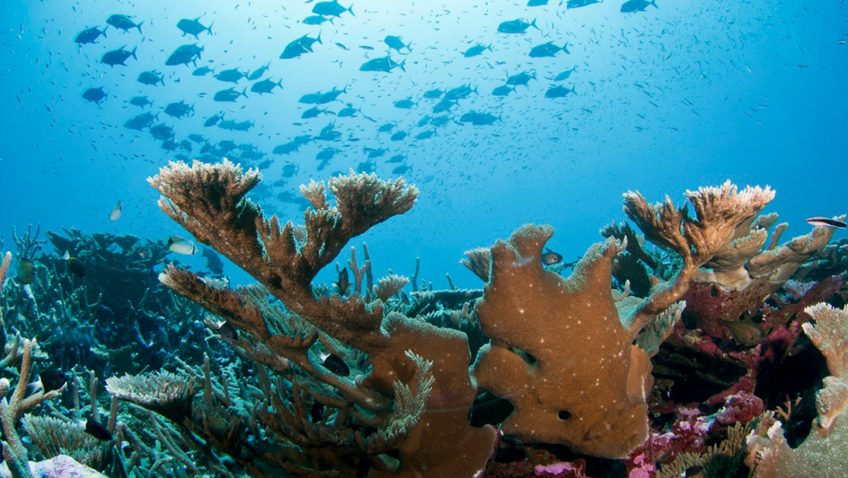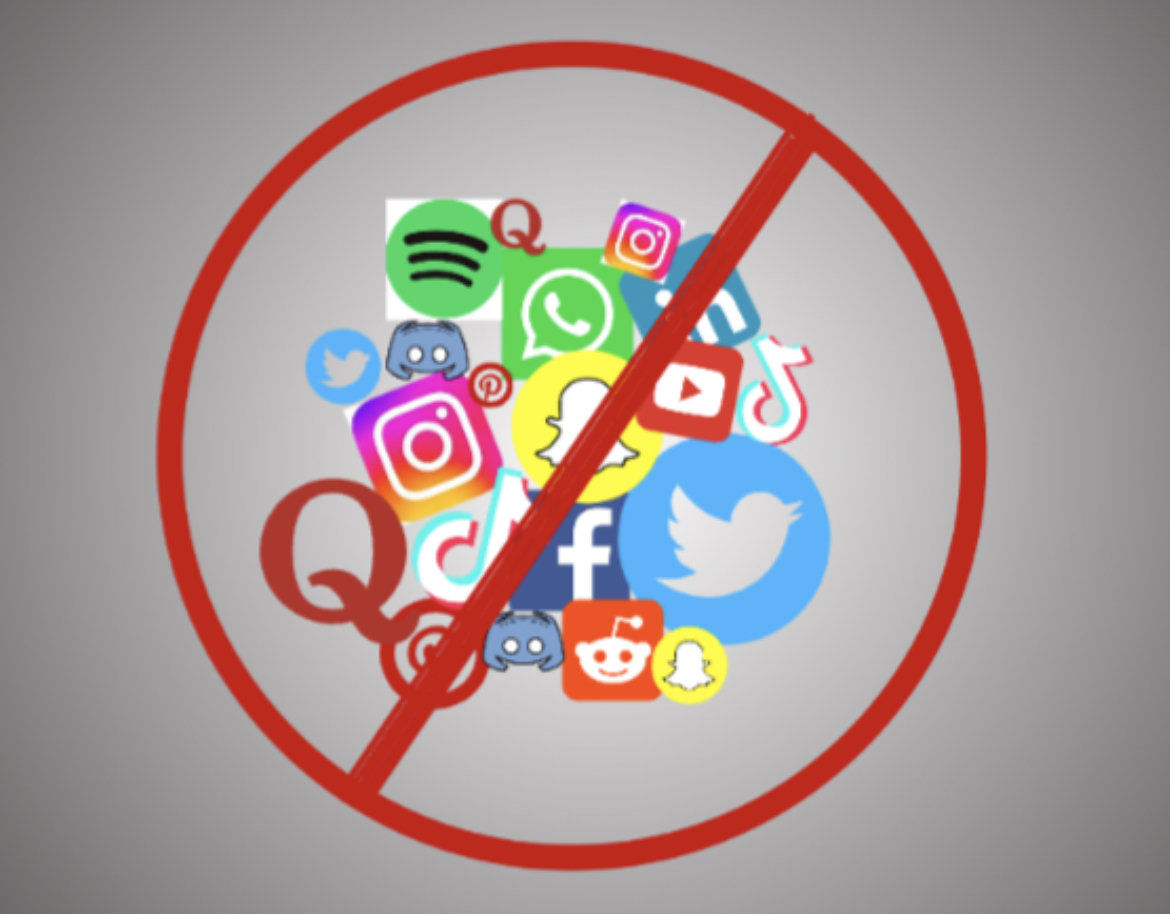Globally, coral reefs are being bleached and turned white in what is being called the fourth global mass bleaching event. According to the National Oceanic and Atmospheric Administration (NOAA), from Feb. 2023 to April 2024, coral bleaching has been occurring in the Northern and Southern Hemispheres, which could affect the health of coral and oceanic wildlife populations that depend on the coral for survival.
Coral bleaching is a phenomenon that occurs when coral is stressed. This stress usually stems from changes in ocean temperature. Hot water can cause coral to expel algae that live in its tissue, which turns the coral white, as explained by the National Oceanic and Atmospheric Administration (NOAA).
“When it gets too hot or the conditions are too bad, [the bacteria] will often leave the corals,” Connor Opton, a junior in the Environmental Academy, said. “The coral provides a home for the algae bacteria and then the algae bacteria provide nutrients for the coral, so when they leave, the coral dies.”
The Great Barrier Reef is a prime example of this phenomenon. In the past year, 46 percent of the reefs in the Great Barrier Reef experienced record-high heat stress. About 60 percent of the reefs experienced levels of heat stress high enough to cause coral bleaching and increased risk of mortality from bleaching, according to the Australian Institute of Marine Science.
“The Great Barrier Reef has been getting degraded for years and years now,” Opton said. “Human actions have just been steadily getting worse and there’s not necessarily enough being done to combat it right now.”
Coral bleaching can affect both humans and sea life. Countless fish and other aquatic species depend on reefs for food, shelter or spawning. If reefs are destroyed, many fish populations may be at risk of becoming endangered. Reefs also protect coastlines and shorefront properties from large waves.
Jupiter, Fla. is a town built on the water. Many students enjoy weekends at our beaches or live next to the water. Damage to local marine wildlife could erode our beaches
“I think when you’re at the beach, it’s a little less noticeable, but when you go snorkeling, you can definitely tell the difference between what our reefs look like and what good reefs look like,” Opton said.
Fla. is also home to the Florida Keys, a string of tropical islands rich in aquatic wildlife and coral reefs. The mass bleaching event can be seen through these reefs.
Aaron Lichtig, Environmental Academy, AICE Environmental Management and AICE Marine Science teacher, has been going to the Florida Keys since the late 1980s and early 90s with environmental students. This year, he took two groups down and was able to notice significant changes in the reefs they snorkeled.
“This past year, from what I read and stuff, I thought it was not going to be great, but it was 10 times worse than what I thought it was going to be when I went and saw it,” Lichtig said. “It was just devastating, there was so much dead coral.”
Water temperature increases are caused by atmospheric rises. As the global temperature rises, so does the temperature of our oceans. Greenhouse gas emissions can cause heat to be trapped in our atmosphere. By reducing greenhouse gas emissions, humans can slow down global warming trends and help curb water temperature increases that lead to coral bleaching.
“We can be a little bit more environmentally conscious about some of our actions,” Opton said. “Maybe carpool a little bit more, maybe try to bike a little bit more, just little things that reduce our overall emissions.”
Students of voting age at Jupiter High School are also encouraged to research these issues while deciding which candidates to vote for.
“Voting is one of the biggest ways to help out because our problem of coral bleaching is because of climate change, and that’s not going to change unless big policies change and laws are made,” Lichtig said.







